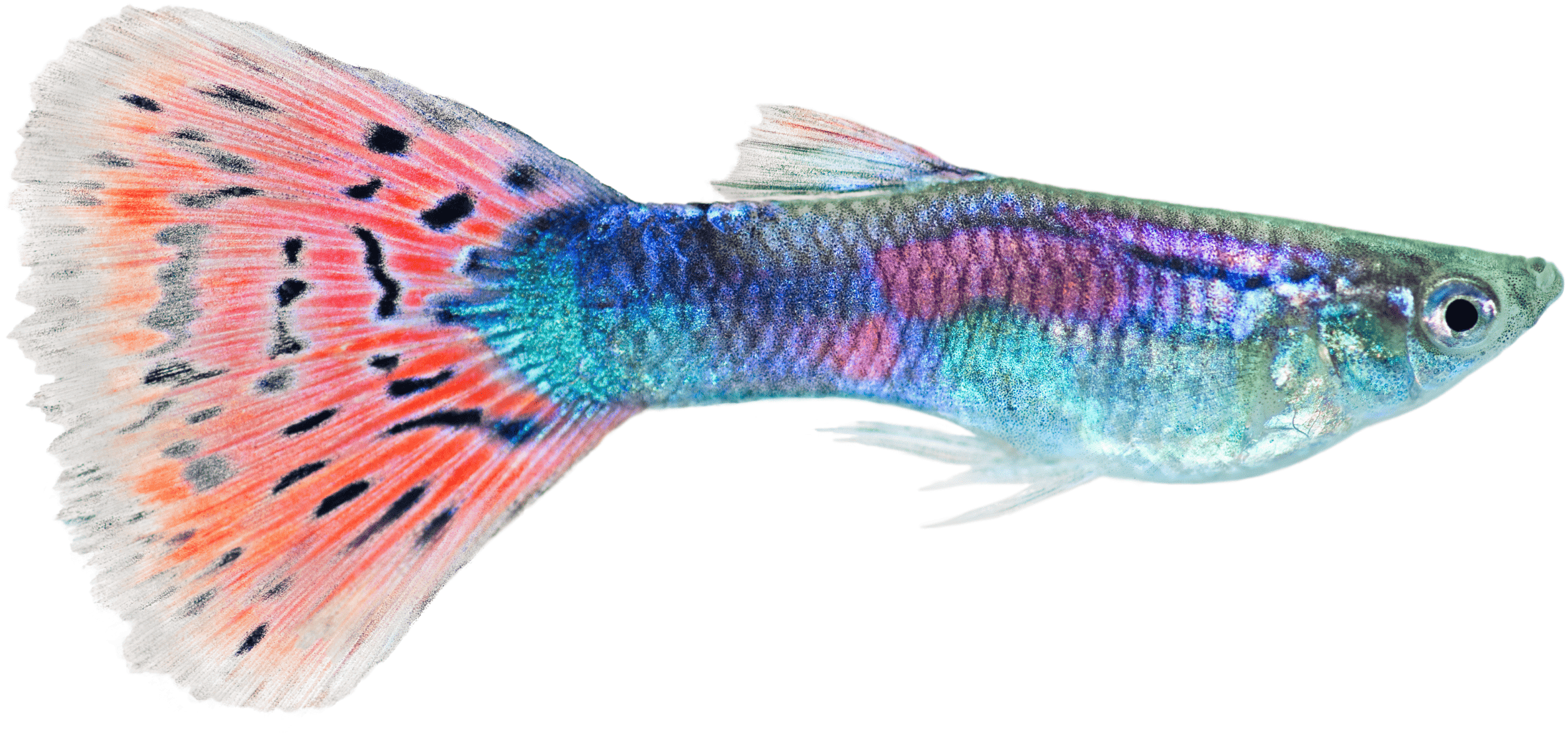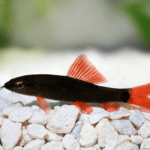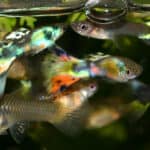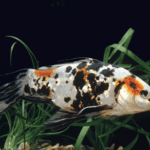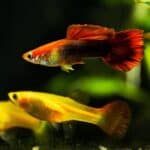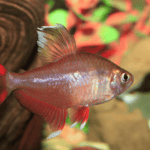Guppies are a popular species of fish that are widely kept in aquariums. These vibrant and colorful fish come in a variety of different types, each with its own unique features and traits. In this article, we will explore the different types of guppy fish to help you choose the perfect one for your aquarium.
Fancy Guppy
Fancy guppies are prized for their stunning colors and patterns, making them the most popular type of guppy fish. These fish come in a rainbow of colors, including blue, green, yellow, red, and even metallic hues. They have long, flowing fins and a distinctive appearance, making them a standout in any aquarium.
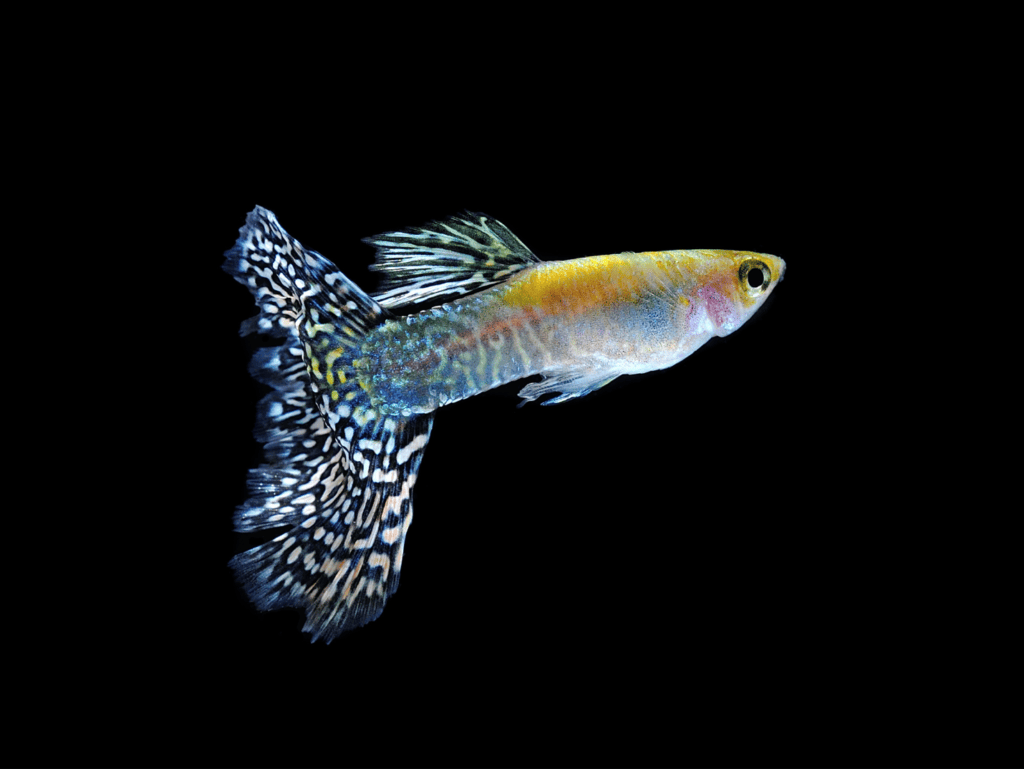
Endler’s Guppy
Endler’s guppies are a smaller, more natural-looking type of guppy fish. They are often kept in aquariums for their hardiness and ability to thrive in a variety of conditions. Endler’s guppies are known for their unique colors and patterns, which range from solid colors to spots and stripes.
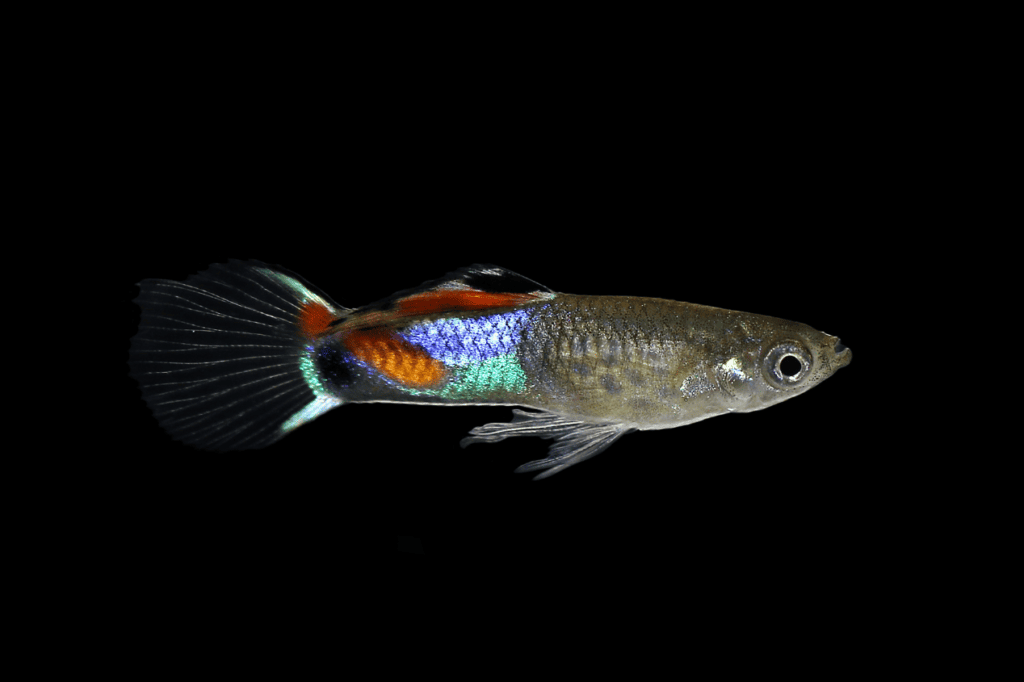
Snakeskin Guppy
Snakeskin guppies are a rare and unique type of guppy fish that are prized for their distinctive markings. These fish have a pattern on their bodies that resembles the skin of a snake, hence the name. Snakeskin guppies come in a variety of colors and patterns, making them a popular choice among aquarium enthusiasts.
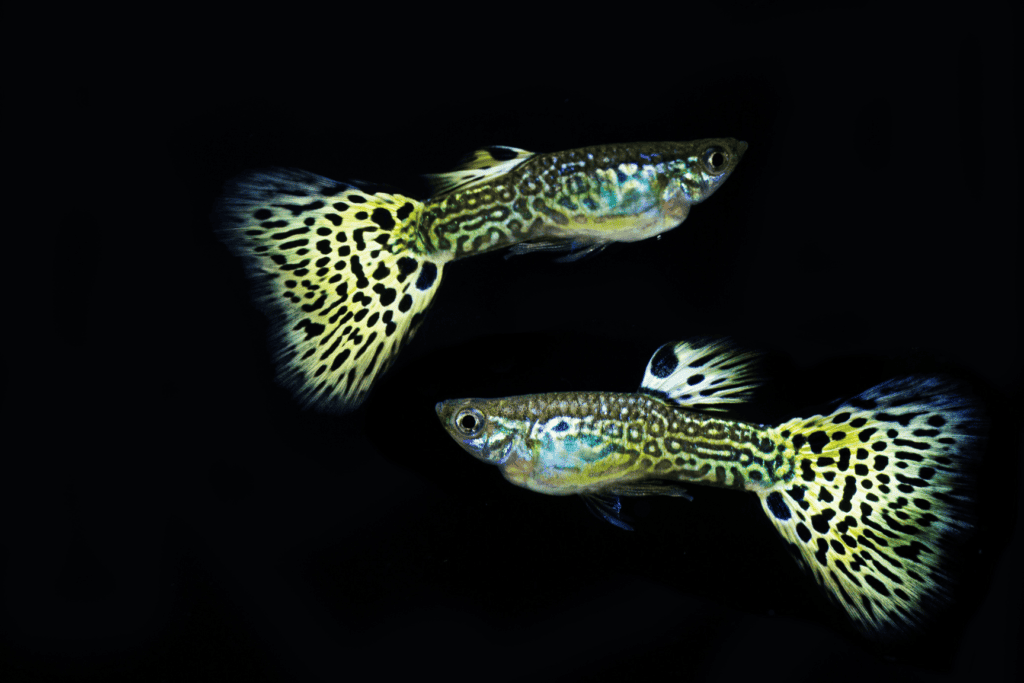
Moscow Guppy
Moscow guppies are a unique type of guppy fish that are known for their vibrant colors and hardiness. These fish have a distinctive appearance, with a metallic blue or green body and bright red or orange fins. Moscow guppies are a popular choice for aquariums, as they are easy to care for and can thrive in a variety of conditions.
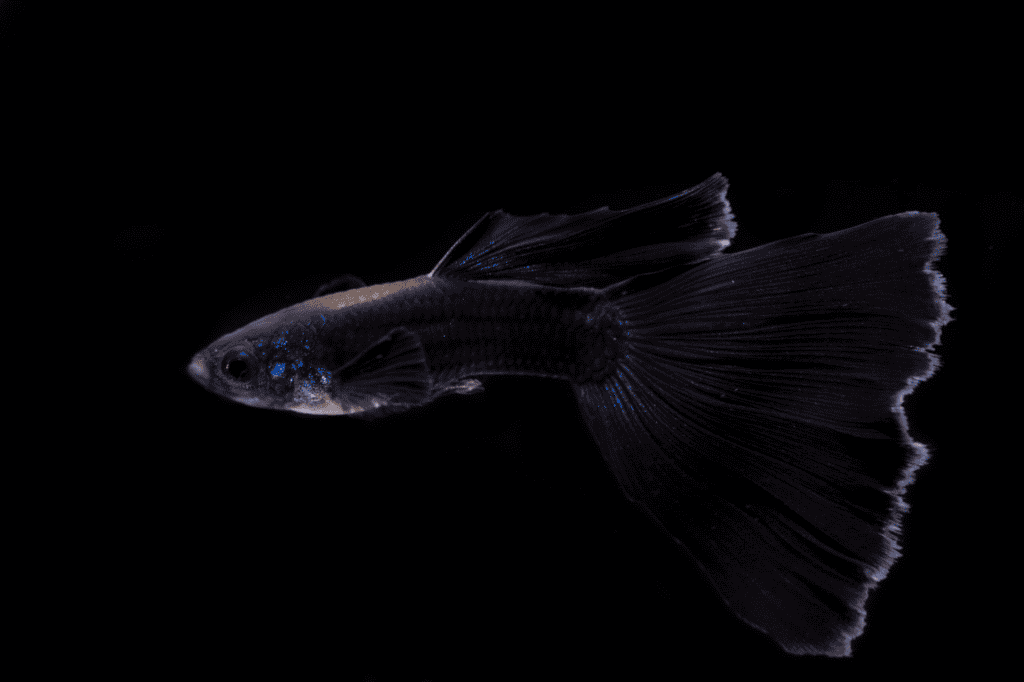
Albino Guppy
Albino guppies are a rare type of guppy fish that are prized for their striking appearance. These fish have a translucent white body and red or pink eyes, making them stand out in any aquarium. Albino guppies are a popular choice among aquarium enthusiasts, as they are easy to care for and can thrive in a variety of conditions.
In conclusion, there are many different types of guppy fish to choose from, each with its own unique features and traits. Whether you’re looking for a fish with stunning colors and patterns, a unique appearance, or a hardy and easy-to-care-for species, there is a type of guppy fish that is perfect for your aquarium. Choose the one that speaks to your personal style, and enjoy the beauty and vibrant energy of these fascinating creatures in your own home.
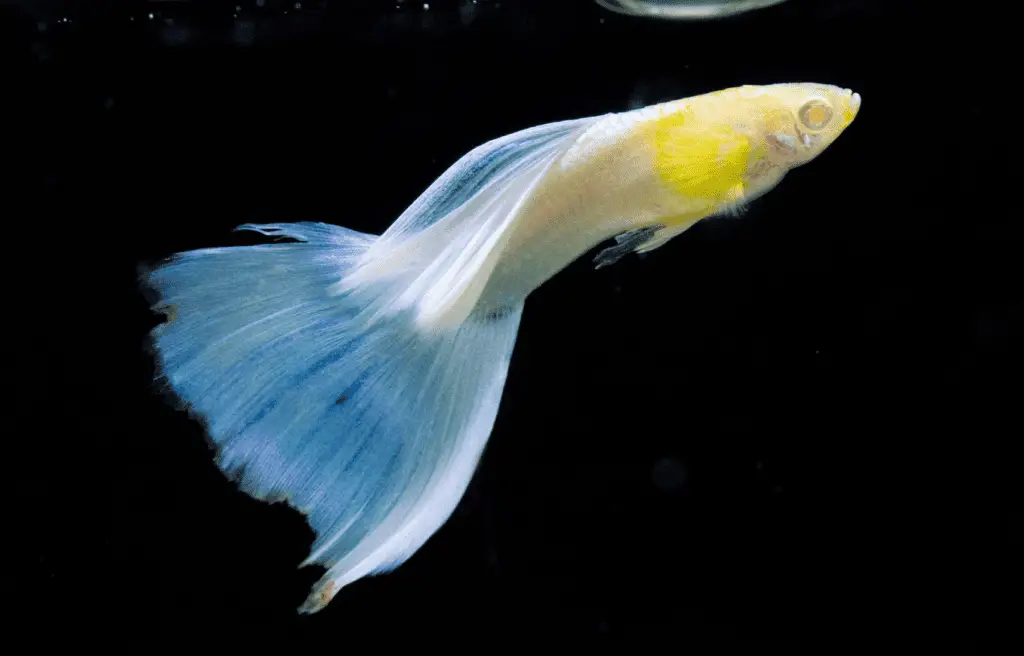
Table with Leading Types of Guppy Fish:
| Type of Guppy Fish | Description |
| Fancy Guppy | Fancy guppies are prized for their stunning colors and patterns, making them the most popular type of guppy fish. They come in a rainbow of colors, including blue, green, yellow, red, and even metallic hues. They have long, flowing fins and a distinctive appearance, making them a standout in any aquarium. |
| Endler’s Guppy | Endler’s guppies are a smaller, more natural-looking type of guppy fish. They are known for their unique colors and patterns, which range from solid colors to spots and stripes. Endler’s guppies are often kept in aquariums for their hardiness and ability to thrive in a variety of conditions. |
| Snakeskin Guppy | Snakeskin guppies are a rare and unique type of guppy fish that are prized for their distinctive markings. These fish have a pattern on their bodies that resembles the skin of a snake, hence the name. Snakeskin guppies come in a variety of colors and patterns, making them a popular choice among aquarium enthusiasts. |
| Moscow Guppy | Moscow guppies are a unique type of guppy fish that are known for their vibrant colors and hardiness. They have a metallic blue or green body and bright red or orange fins, making them a popular choice for aquariums. Moscow guppies are easy to care for and can thrive in a variety of conditions. |
| Albino Guppy | Albino guppies are a rare type of guppy fish that are prized for their striking appearance. These fish have a translucent white body and red or pink eyes, making them stand out in any aquarium. Albino guppies are easy to care for and can thrive in a variety of conditions. |
| Wild Guppy | Wild guppies are the original form of guppy fish, found in the wild in parts of South America and the Caribbean. They are known for their hardiness and ability to adapt to a variety of conditions, but are not typically kept in aquariums due to their lack of distinctive colors and patterns. |
| Blue Guppy | Blue guppies are a type of fancy guppy that are prized for their striking blue color. They have long, flowing fins and a distinctive appearance, making them a standout in any aquarium. |
| Green Guppy | Green guppies are a type of fancy guppy that are prized for their striking green color. They have long, flowing fins and a distinctive appearance, making them a standout in any aquarium. |
| Yellow Guppy | Yellow guppies are a type of fancy guppy that are prized for their striking yellow color. They have long, flowing fins and a distinctive appearance, making them a standout in any aquarium. |
| Red Guppy | Red guppies are a type of fancy guppy that are prized for their striking red color. They have long, flowing fins and a distinctive appearance, making them a standout in any aquarium. |
| Metallic Guppy | Metallic guppies are a type of fancy guppy that are prized for their striking metallic color. They have long, flowing fins and a distinctive appearance, making them a standout in any aquarium. |
Note: This list is not exhaustive and there may be other types of guppy fish that exist.
History and Origins of Guppy Fish
Guppy fish, also known as Poecilia reticulata, are a species of freshwater fish that are native to parts of South America and the Caribbean. They were first discovered in the early 1800s and quickly became popular in aquariums due to their vibrant colors and hardiness. Over the years, selective breeding has resulted in the development of many different types of guppy fish, each with its own unique features and traits.
Care and Maintenance of Guppy Fish
Caring for guppy fish is relatively easy and straightforward. They require a well-maintained aquarium with good water quality, a suitable diet, and a healthy environment. Here are a few tips to help you care for your guppy fish:
- Maintain a healthy aquarium environment: Keep the water temperature between 68°F and 82°F, and maintain a pH level between 7.0 and 8.0.
- Provide a balanced diet: Guppy fish are omnivores and require a balanced diet of both dry and wet food, including flakes, pellets, and live or frozen food.
- Keep the aquarium clean: Regular water changes and cleaning can help maintain good water quality and keep your guppy fish healthy.
- Provide suitable shelter: Guppy fish need plenty of hiding places and shelters in their aquarium, such as plants, caves, and other decorations.
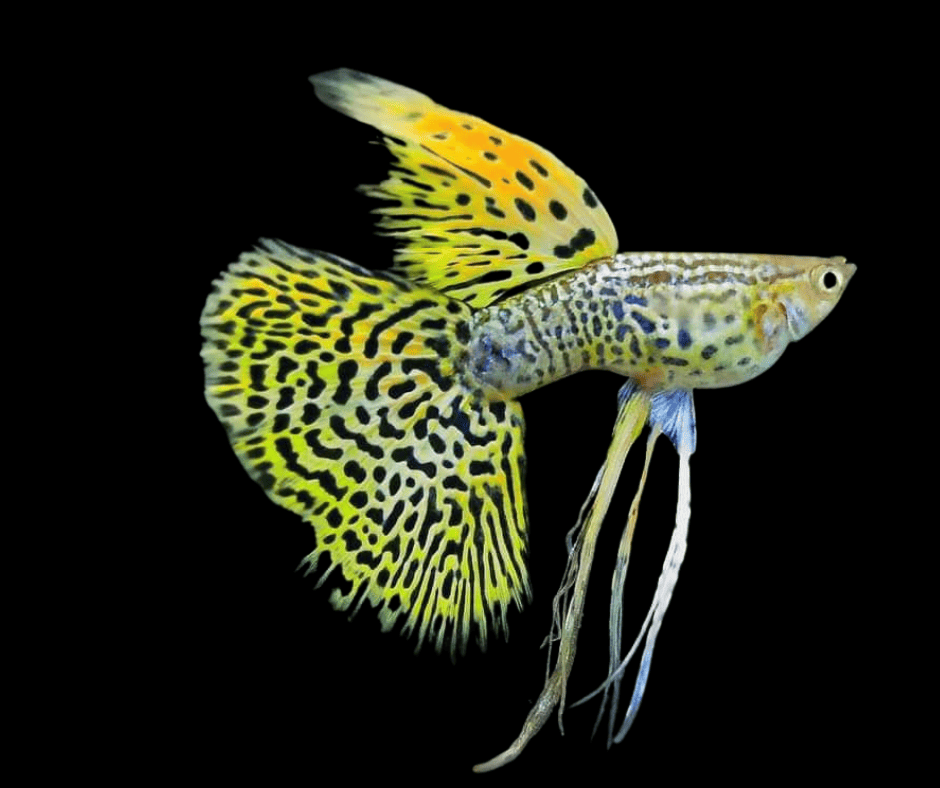
Breeding Guppy Fish
Breeding guppy fish is a fun and rewarding experience that can also help you establish a thriving community of fish in your aquarium. Here are a few tips to help you breed your guppy fish:
- Select suitable breeding pairs: Choose healthy and compatible breeding pairs of guppy fish, and make sure they are of a similar size and age.
- Create a suitable breeding environment: Provide plenty of hiding places and shelters in the aquarium, as well as a safe and secure area for the fry to grow.
- Incubate the eggs: Once the female guppy has laid her eggs, they should be incubated until they hatch into fry.
- Raise the fry: Once the fry have hatched, they will need to be fed and cared for until they are large enough to be introduced into the main aquarium.
Guppy Fish and Community Aquariums
Guppy fish are a popular choice for community aquariums due to their hardiness, ease of care, and vibrant colors. However, it is important to consider compatibility with other species of fish and to create a harmonious and thriving community tank. Here are a few tips to help you create a successful community aquarium:
- Choose compatible species: Consider the size, temperament, and water requirements of other fish when selecting species to keep with your guppy fish.
- Maintain good water quality: Regular water changes and cleaning can help maintain good water quality and keep all the fish in your community tank healthy.
- Provide plenty of hiding places: All fish need plenty of hiding places and shelters in the aquarium, and it is important to provide enough for all species.
- Avoid overstocking: Overstocking the aquarium can lead to stress, aggression, and poor water quality, so it is important to avoid this.
Common Health Issues and Concerns
Guppy fish are generally hardy and easy to care for, but there are a few common health issues and concerns that owners may encounter. Here are a few of the most common issues and concerns:
- Disease: Guppy fish can be susceptible to various diseases, such as bacterial and viral infections, parasites, and fungal infections.
Stress: Stress can be caused by poor water quality, overstocking, or incompatible tank mates, and can result in weakened immunity and increased risk of disease.
- Injuries: Guppy fish can experience injuries from rough handling, sharp decorations, or aggressive tank mates.
- Malnutrition: Guppy fish require a balanced diet to maintain good health, and malnutrition can result from a lack of proper nutrition or feeding.
If you suspect that your guppy fish are experiencing any of these health issues or concerns, it is important to seek veterinary care and follow the recommended treatment plan.
Guppy Fish and the Environment
Guppy fish are not native to many parts of the world, and the release of captive-bred guppy fish into the wild can have a negative impact on local ecosystems. In addition, the use of hormones and other chemicals in breeding and feeding guppy fish can also contribute to environmental pollution.
As a responsible aquarium owner, it is important to consider the impact of guppy fish on the environment and to make sustainable and responsible choices. This can include avoiding the release of captive-bred guppy fish into the wild, choosing sustainable and natural food sources, and reducing the use of chemicals in aquarium care.
By making informed and responsible choices, you can help protect the environment and enjoy the beauty and vibrant energy of guppy fish in your own home.
